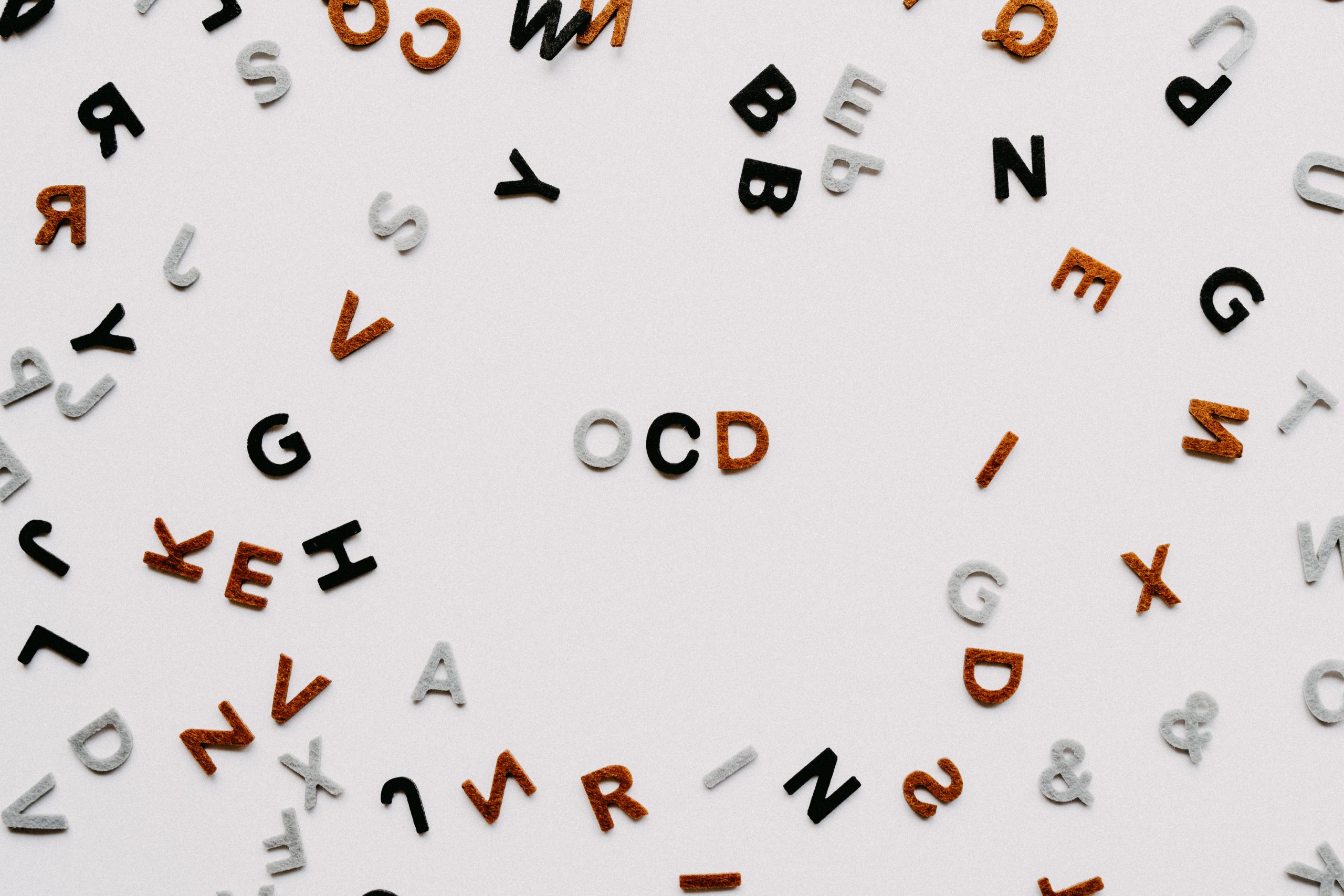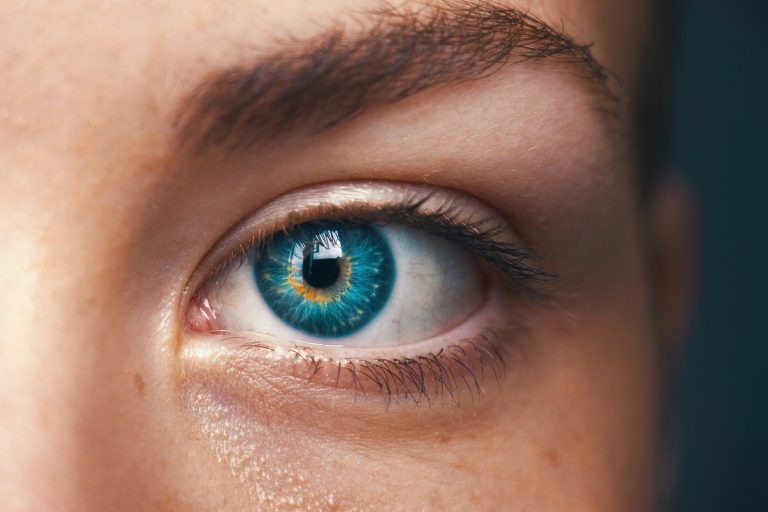
Unveiling the truth: Is OCD indeed a mental illness? Gain insight into diagnostic criteria, treatment options, and emerging therapies for a deeper understanding.
SHARE THIS ARTICLE
First things first: According to DSM-5 (the diagnostic manual utilized by mental health professionals), OCD exhibits two primary features: obsessive thoughts and compulsive behaviors.
Obsessive Thoughts
OCD (Obsessive Compulsive Disorder) refers to thoughts, images, or urges that cause significant anxiety or distress. Although stress can sometimes develop into OCD, worrying endlessly about germs or fearing something terrible will happen to loved ones can contribute to overthinking and further overanalysis.
Conversely, compulsions are when a person feels driven to do or repeat things obsessively. Such acts often serve as ways of alleviating any associated anxiety caused by these obsessions.
Example scenarios might include multiple handwashes throughout the day or double-checking that their stove has been turned off despite already being switched off.
Moreover, Pure O is a form of OCD wherein people become preoccupied with thinking about something intrusive without it impacting daily life.

Now let’s consider when these behaviors cross over into mental illness. OCD can be diagnosed when obsessive-compulsive disorder consumes significant time or interferes with daily living activities for at least six months or longer – symptoms are then confirmed with OCD being diagnosed by testing or by self-assessment tools such as the Beck Index.
Obsessive Compulsive Disorder (OCD) occurs when obsessions or compulsions interfere with daily activities in any way, disrupting normal functions. Some might say OCD is nonsense, but if these behaviors become part of your everyday life and cause significant distress, this may indicate more than mere eccentricity.
Researchers have established that OCD symptoms have a neurological basis; specific brain areas and neurotransmitters, play an integral part in creating and perpetuating them.
Your brain could play an instrumental role in any obsessions or compulsions you experience, including OCD attacks. Such processes do not depend on willpower or character; they’re biological, leaving little room for change from just you alone. They could cause you to overreact or have OCD episodes.
Genetics may play an influential role in whether someone develops OCD. If an immediate family member already suffers, your risk increases – though that doesn’t guarantee diagnosis; instead, it serves more as an indicator.
External factors have an enormous effect on OCD symptoms. Trauma, high-stress levels, and significant life changes may exacerbate or provoke them in some people.
Some may be uncertain of whether they have OCD or anxiety; both nature and nurture play an important part in whether these mental health disorders appear.
Imagine being controlled by repetitive OCD opposite thoughts and behaviors; unfortunately, this is the reality for those living with OCD. Their rituals and obsessions may disrupt relationships or work-related responsibilities, negatively affecting essential aspects of their life such as relationships or work itself.
While traditional treatments can be effective in relieving OCD symptoms for some individuals, others may need different solutions or may seek other avenues.
Transcranial Magnetic Stimulation (TMS) and Ketamine therapy have demonstrated promise as potential therapies for OCD.
TMS Therapy involves magnetic fields to reach certain brain areas related to OCD. This non-invasive procedure has shown impressive results in relieving symptoms in many individuals who had not responded well to other therapies.
Conversely, Ketamine therapy employs an anesthetic medication used in traditional anesthesia treatments and has proven its efficacy in rapidly relieving OCD symptoms and improving mental well-being. When administered in controlled settings, it has been shown to rapidly reduce OCD symptoms.
People living with OCD often face confusion and stigma from society due to this mental condition. Yet, the community must understand it isn’t something people choose voluntarily – those living with OCD often struggle internally in ways others can’t fully grasp.
Informing ourselves and others about OCD is one way to diminish its associated stigma while expanding understanding. Being supportive and offering relief and ease to those struggling with this disorder significantly alleviate their distress.
Are certain professionals predisposed to OCD? For instance, can you be a nurse and have OCD? While they might find it challenging to manage their symptoms due to their work environment, being a nurse with OCD is not unheard of
Overall, OCD is a valid mental illness supported by clinical criteria and neurobiological research. Recognizing it as more than mere quirks may create greater empathy and foster support for those facing its challenges.
As more of us become educated and reduce stigmas associated with mental illness, our world becomes kinder and more understanding. Let’s join hands together, dispel misconceptions and work toward creating an inclusive society where all feel welcome.
Anyone living with OCD should know they’re not alone on their journey. At NeuroSpa, we have resources such as therapy and online information available to them that offer understanding and hope every day.
In times of crisis, your safety and well-being are of utmost importance. If you or someone you know is struggling with active thoughts of self-harm or suicide, please remember that help is available. Reach out to emergency services immediately by dialing 911, or contact the National Suicide Prevention Lifeline at 1-800-273-TALK (1-800-273-8255) for compassionate support, guidance, and resources. Remember, you are not alone, and there are people who care and want to help you through this difficult time

Transcranial magnetic stimulation (TMS) is a non-invasive procedure that uses a magnetic field to stimulate nerve cells in the brain. This treatment has been found to be effective in treating a variety of conditions such as depression, anxiety, and chronic pain.
By providing your email address, you agree to receive marketing messages as per our Terms of Use, Privacy Policy, and Notice of Privacy Practices